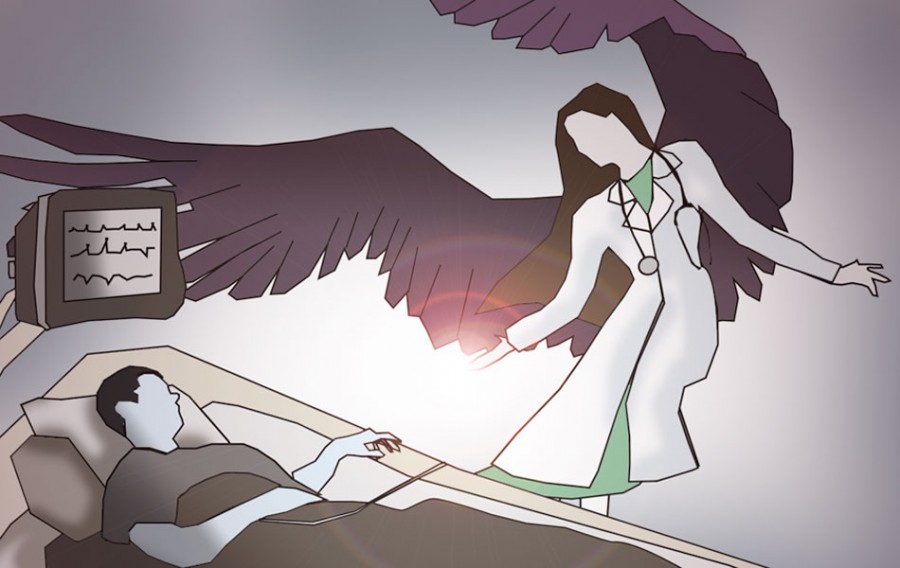Pro: Improve quality of life
More stories from Bala Gunaseelan
Early on in American history, the general population in the U.S. was against assisting any patient to commit suicide under any circumstances, or in other words, euthanasia. However, the majority began to support freedom of choice in the early 70s, and in 2014, almost 70 percent of Americans supported physician-assisted euthanasia, according to a Gallup Poll.
The many reasons for this rapid change are because of the fact that the outcomes of euthanasia benefit all parties involved, and thus physician assisted suicide should be legal in California.
Mercy killing is a topic that affects everyone, including the patient’s friends and family.
One huge dilemma that most college students deal with at some point is that college can be unaffordable, and the added financial strains of high-cost healthcare for an ill family member would only add to the financial burden. Imagine paying huge fees for the health care of someone you love who is never going to recover and is asking to die because they are in so much pain.
In Oregon, euthanasia was legalized 16 years ago and students of Oregon State University wonder why the rest of the U.S. hasn’t fallen in line, according to the National Post.
“They (students) wonder what’s wrong with all the other states in the United States … that don’t have something like this. It’s just become part of the landscape here,” medical ethics expert Courtney Campbell told the National Post
Currently, all forms of assisted suicides are outlawed in California. Patients who are suffering do not have the right to end their misery.
California Senate Bill 128, the End of Life Option Act, would legalize physician-assisted dying in California, similar to IOregon’s Death with Dignity Act, which has been in operation for 18 years. Other states that have enacted physical-assisted dying laws include Washington, Montana and Vermont.
There are multiple provisions in Senate Bill 128 that prevent misuse or abuse. The bill requires two different physicians to independantly diagnose a terminal illness as well as mental competancy of the patient and the patient must take a test before being approved, according to an article in The Sacramento Bee.
Legalization would allow for greater freedom of choice and promise a better quality of life for many in pain.



